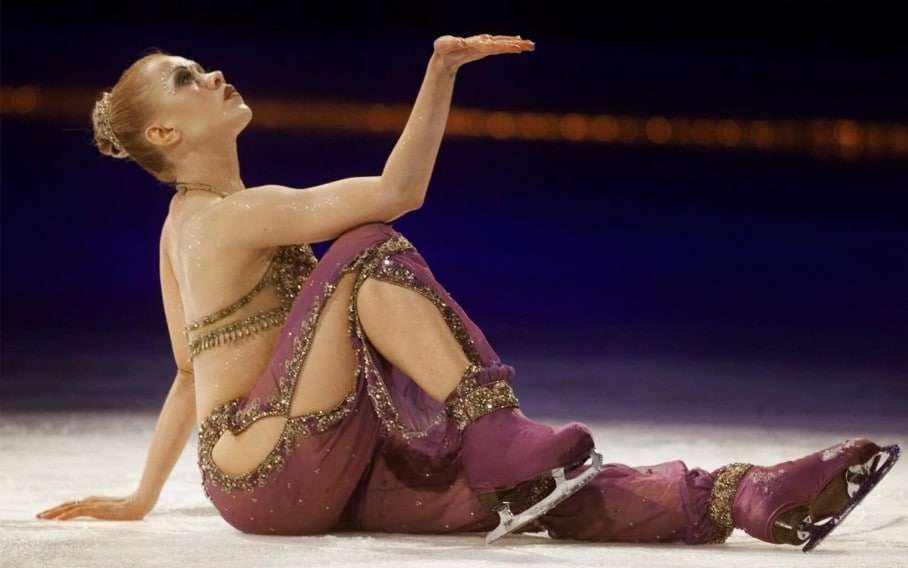The Volokh Conspiracy
Mostly law professors | Sometimes contrarian | Often libertarian | Always independent
"I heard it from Brian Boitano" = good defense in Oksana Baiul libel lawsuit

From yesterday's Second Circuit decision in Baiul v. Disson, familiar libel principles illustrated in a fun fact pattern:
"[W]hen a defamatory statement is allegedly made about a public figure, the plaintiff has a heightened burden and must prove that the statement was published with 'actual malice.'" "Actual malice" means that the statement was published with "knowledge that the statement was 'false or with reckless disregard of whether it was false or not.'" "The actual malice showing 'must be made with convincing clarity, or, in a later formulation, by clear and convincing proof.'"
As an initial matter, there is no serious dispute that Baiul is a public figure. Although Baiul nominally contests this point, she provides no argument to the contrary. In any case, we have little trouble concluding that Baiul is a public figure. "We evaluate whether a party is a public figure based on 'clear evidence of general fame or notoriety in the community, and pervasive involvement in the affairs of society.'" Baiul is a world famous figure skater, having won the 1993 World Championship for Ladies' Figure Skating and the 1994 Olympic Gold Medal in Ladies' Figure Skating. Indeed, she describes herself as a "public figure," "a superstar in the world of figure skating," and a "global entertainer." App'x 567, 643; see also Celle v. Filipino Reporter Enters. Inc., 209 F.3d 163, 177 (2d Cir.2000) ("Given plaintiff Celle's own characterization of himself as a 'well known radio commentator' within the Metropolitan Filipino-American community, the district court correctly held that he is a public figure.").
In light of her status as a public figure, Baiul must provide evidence sufficient to permit a reasonable juror to find "clear and convincing proof" that Disson made each of the challenged statements with " 'actual malice,' that is with knowledge that the statement was false or with reckless disregard of whether it was false or not." Baiul has failed to meet this burden….
With respect to Disson's statement that "One time, she didn't show up. She was out shopping," Baiul has also failed to show actual malice. Disson stated that the story underlying this statement was conveyed to him by Brian Boitano, another well-known figure skater. To the extent this statement is false, Baiul provides no evidence that Disson made it with knowledge of its falsity or reckless disregard of the truth. She does not cast doubt on Boitano's reliability as a source, nor does she suggest the improbability of the story. See Celle, 209 F.3d at 183 (noting that "[a]ctual malice can be established through the defendant's own actions or statements, the dubious nature of his sources, and the inherent improbability of the story among other circumstantial evidence."). Indeed, Baiul stated in her deposition that her former agent had heard the same story and that prior to 2011, it was gossip in the skating industry that she had missed an event because she was out shopping….


Show Comments (0)